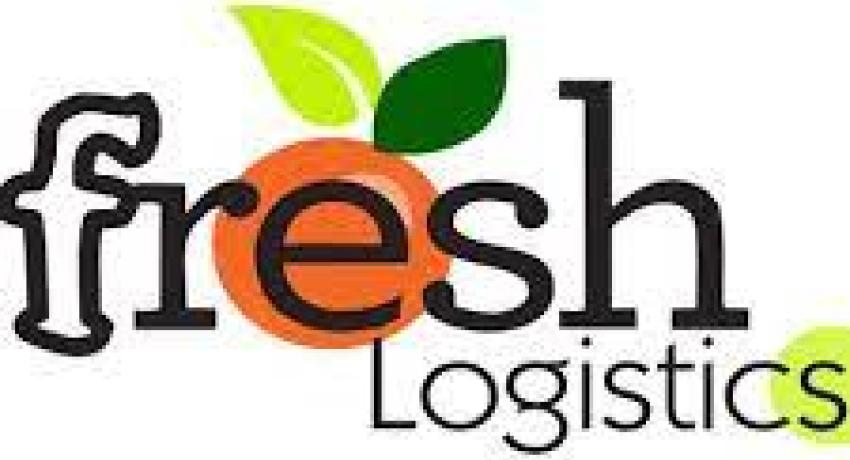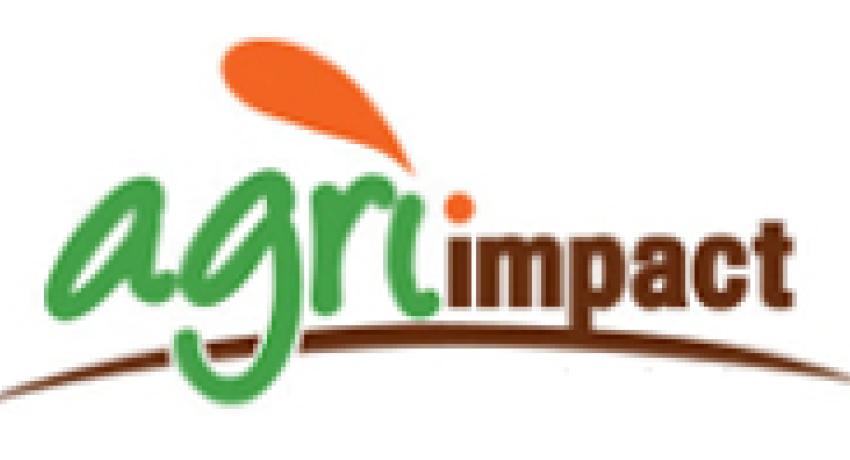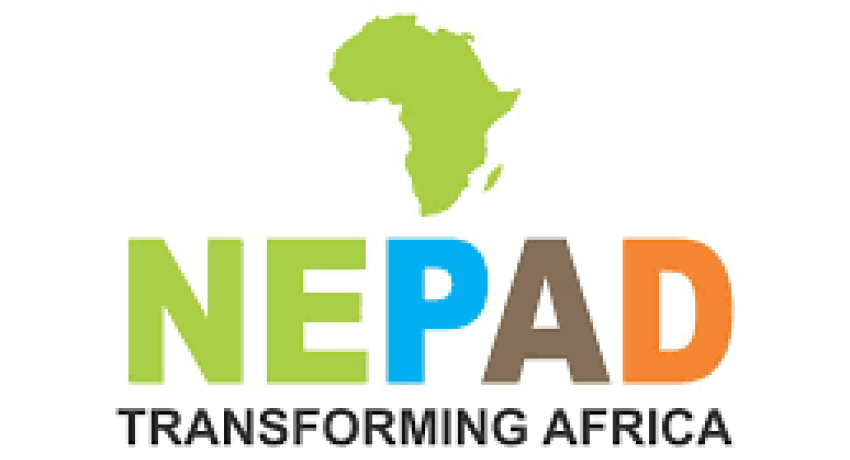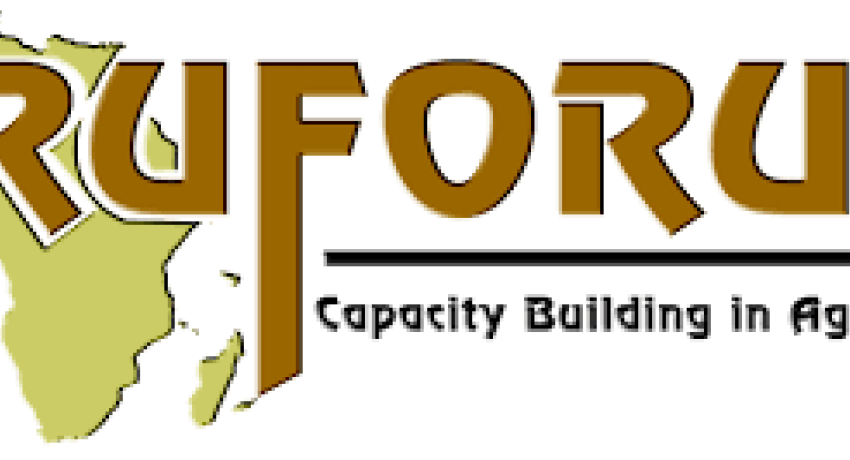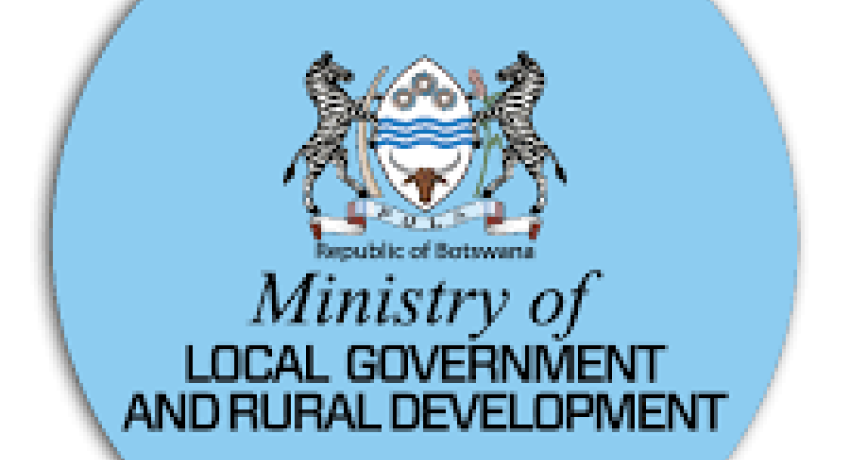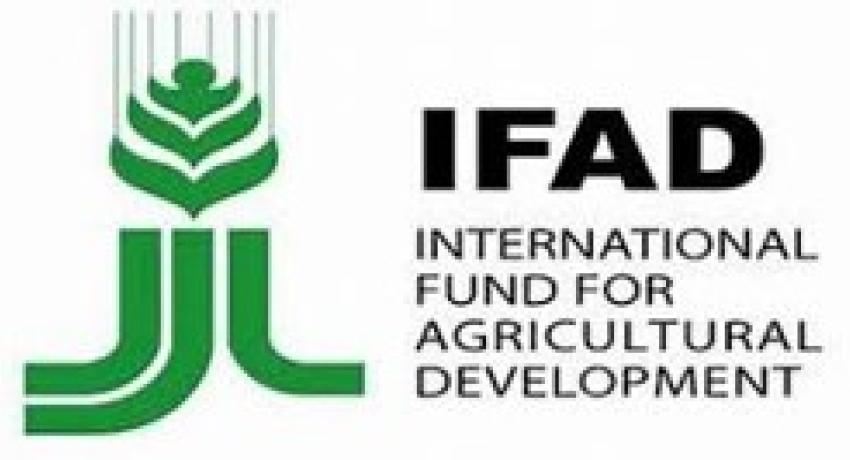The desire to make agriculture/agribusiness attractive to the Ghanaian youth has been given a major boost by Ghana Export-Import Bank (GEXIM) under the Youth in Greenhouse Enterprise Project (YUGEP). YUGEP seeks to boost the production of high-quality vegetables and create 400 direct and over 600 indirect jobs thus, reducing importation of vegetables, reducing unemployment, and contributing to stabilizing inflation.
YUGEP, a two-year project (2019–2020), is an initiative of the Ghana Exim Bank being implemented by Agri-Impact Consult (AIC) and it involves the construction of 100 greenhouses in six regions including Ashanti, Greater Accra, Volta, Central, Western and Eastern due to vegetation and ecological considerations.
The project is providing technical and financial assistance to 100 tertiary graduate entrepreneurs to own and manage their own greenhouses with an approved investment fund of GHC20 million. Each beneficiary will be provided with one turnkey greenhouse structure covering a total of 640sqm; a packing shed for cleaning, sorting, grading, and packing; growing medium and certified seeds; irrigation facility and small farm tools or equipment. Beneficiaries are expected to payback a fraction of the credit facility at 8% per annum over a 3-year period.
The investments being made is expected to stimulate growth along the vegetable value chain to promote medium scale agro-processing and position Ghana to serve other West African Markets with high quality vegetables.
The project so far has trained and graduated seventy-two people, constituting the first and second batch of beneficiaries with various skills in greenhouse vegetable production, organisational behaviour and business management from the Agri-Impact Entrepreneurship and Technology Institute, the first institute to benefit from EXIM Bank’s YUGEP project.
The Chief Executive Officer of the Ghana EXIM Bank, Mr Lawrence Agyinsam called on stakeholders and private firms within the ago-business industry to involve the youth in building Ghana’s capacity for the export market. Such a move would complement government’s efforts towards accelerating job creation for the growing youthful population and import substitution.
Mr. Agyinsam was speaking at the graduation ceremony of the Ghana EXIM Bank’s Youth in Green House Enterprise Project (YUGEP), an initiative to promote investment in greenhouse vegetable production in Ghana held at Berekusu, a suburb in the Eastern region. “It will be interesting for the private sector to come in and engage the youthful population aside what government is doing so that we can become an export offensive rather than import dependent,” he stated.
He also indicated the project is expected to rake in a revenue of GHC10 million each year and GHC40 million in five years through the expected production of 6,000 tons of vegetables.
The executive director of Agri-impact consult in his address indicated the need to prioritize infrastructure to enhance the country’s processing capacity of raw materials to the sustenance of the economy. He further explained that the impact of lack of processing facilities is significant with bumper harvest as farmers are compelled sell their produce at relatively lower prices.
Mr. Dan Acquaye also believes the shorter life span of most vegetables to some cultivation practices such as the non-usage of wholesome irrigation methods affects the quality of the produce. He therefore called for the adaptation of the greenhouse production technology to improve yields by ensuring hygienic farm practices.
He promised the beneficiaries maximum support from his outfit to the success of the project. “I am very sure of making impact with this project”, he said.
Construction of the greenhouse structures have started in Ashanti, Central and Greater Accra respectively. It is expected to be completed within the stipulated time frame for the commencement of production.
The fight against the persistent importation of vegetable and food insecurity is indeed one of the undoubtable ways grow the economy of our dear country.

